News
Empowerment of the forest honey bee farmers
- 27 November 2019
- Last modified at 27 November 2019
Typical behavior of Apis dorsata, the giant honey bees, migrates annually to a blooming area, particularly forest all over Asia. Generally, the bees nesting at tall trees 20-30 meters above the ground.
The forest bee farmers have long practiced an interesting ethnobiology so-called "sunggau" or in English known as "rafter, for bee nesting in several regions in Indonesia, including Belitung island. People made "sunggau" by placed 2 meters of wood in a specific tree trunk or branched at just 2-6 meters above the ground. Based on their experiences, the bee farmers able to predict the favorable nesting sites of the bees. By taking care of the forest for sunggau, these traditional practices have a valuable impact on maintaining the forest from deforestation and or transformation habitat for monoculture plantations.
Hundreds of Apis dorsata colonies migrate for nesting each year to Belitung island. The environment surrounding the nesting sites provide an abundance of flowering trees for nectar and pollen sources and also has a microclimate that is favored by the bees. After a couple of months of the bee arrival, the farmers able to harvest the honey from each colony.
Dr. Rika Raffiudin, the bee scientist from the Department of Biology, FMIPA, IPB University, during 23-25 October 2019, gave training to the two forest honey bee communities in Belitung for sustainable and safety honey harvest of Apis dorsata. Those are to the farmers in Perpat Village, Membalong District with Bapak Diardi as the community leader, and in Keciput Village, Sijuk District lead by Bapak Dupa. Ibu Rika and team mentioned the sustainable harvesting to the farmers that first only harvest the honey that has been wax-sealed by the bees, meaning the honey has been ripe, ready to harvest.
Second, the farmers cut the parts of nest that contain honey (in Belitung they called "Ai," means honey) and only 60 -70 % of the honey in the maximum. Therefore, they should not cut all the comb. This practice is intended so that the bees still have their nest, and the bees still have their honey for them and the larvae.
Third, to get the honey, the farmers were taught they should not squeeze the comb, instead, slice the comb into thin pieces to allow honey runs out from the wax comb, then honey should be filtered two times with soft cloth.
Apis dorsata has huge colonies consist of thousand bees; thus need a safety standard bee suit to protect the farmers from the bee sting. For this reason, Ibu Rika provides each community leader a safety standard bee suit of Apis dorsata bee to protect them from the bee stings.
Besides protect the forest, sunggau practice is important to support the economy of the farmers. From each colony, the farmer can harvest 6-18 bottles of @450 ml honey for Rp 100.000 per bottle.
In summary, the empowerment of forest bee farmers to maintain the sunggau is important for the livelihood of the communities, as well as for the sustainable forest in Belitung.
Export Article
Share this article
News Archive
Recent News
-
IPB Biology Lecturer Explores Collaboration with NTU Singapore
28 July 2025
-
The 7th Summer Course on Biology
13 January 2025
-
The 6th International Conference on Biosciences (ICoBio) 2025
2 December 2024
-
Condolences on the Passing of Prof. Dr. dr. Sri Budiarti
27 November 2024
-
Congratulations and Success
13 November 2024
-
Condolences on the Passing of drh. Djoko Waluyo, MS, Retired Lecturer of IPB’s Department of Biology
9 November 2024
-
The 4th National Webinar for Enriching Biological Concepts 2024
24 October 2024







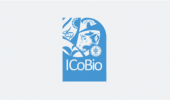







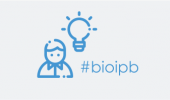






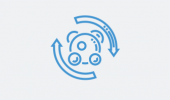


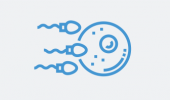

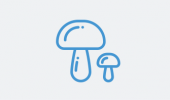
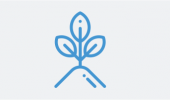




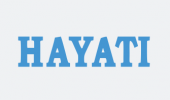




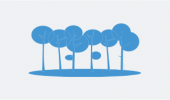






.png)











Login
LoginSitemap
map